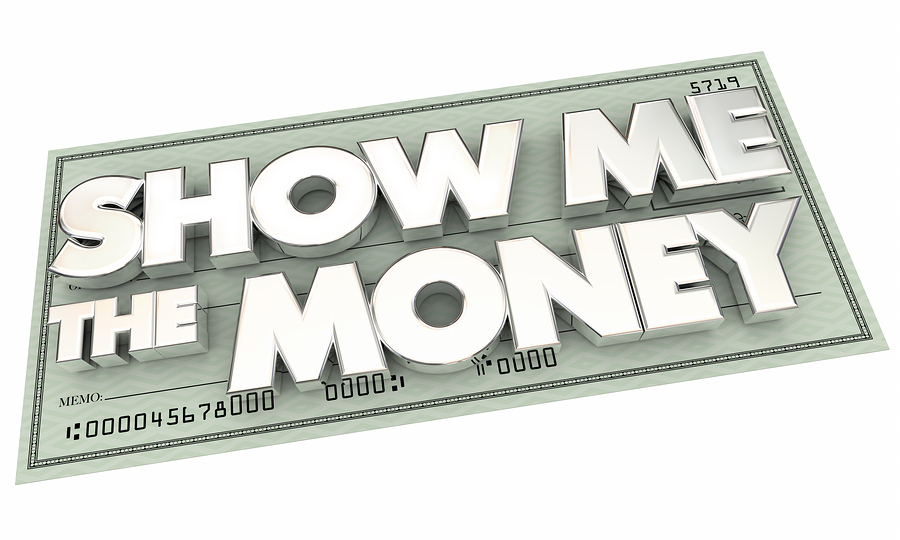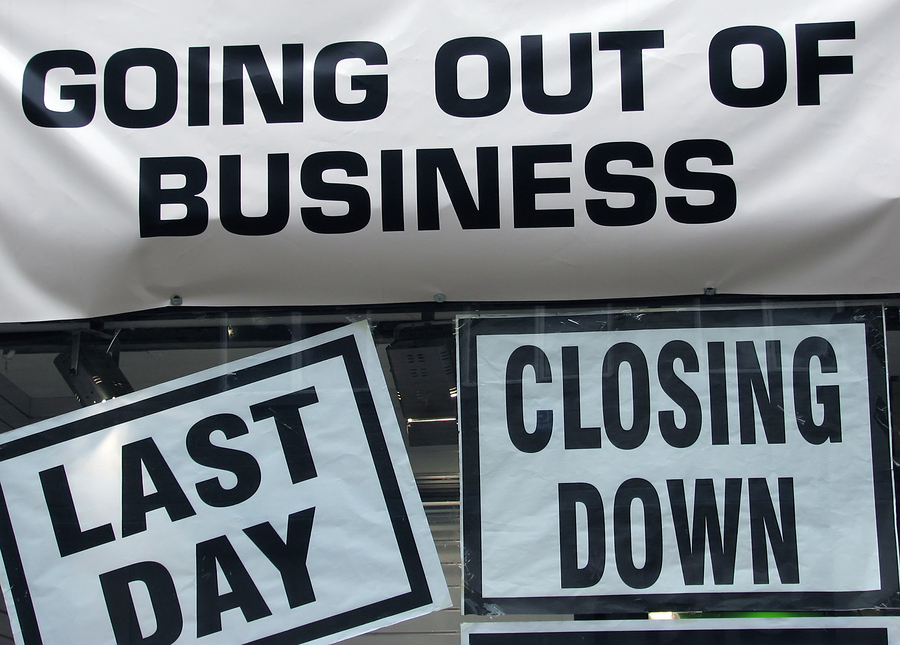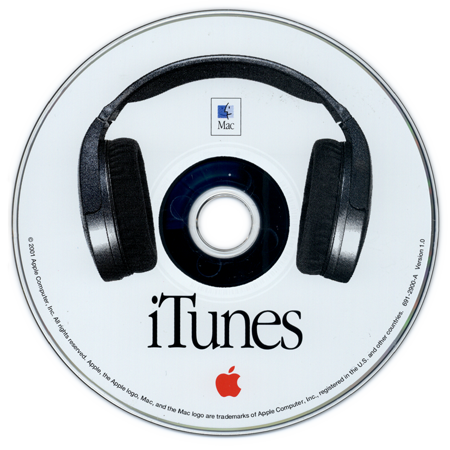The economics of bookselling are complex and ever-changing. There is a method of inventory control called “Just-in-Time” (or JIT) that revolutionized both the retail and manufacturing industries.
When I began as a bookseller, there was no such thing as computerized inventory, at least not in the Christian bookstore business. We used a method called “Stack ’em high and watch ’em fly.” Because “If you stack ’em low, they won’t go.” The idea was to merchandise large amounts of inventory because there was no quick way to replenish your stock if you ran out.
We had sheets of paper with a list of “Never Out” titles in books and music. Weekly, we would physically count the remaining stock; and if our inventory on a title fell below a particular level, we would order more (via a phone call). This was our attempt to time our inventory to match the consumer demand. Titles not on the list would be reordered when that publisher’s sales rep visited. The rep would inventory the store, and together we would determine what titles to replenish and which ones to let disappear.
Technology Caused Disruption
Computerization changed everything. Using an algorithm, the computer determined the speed, or rate-of-sale for each title, and created order quantities to match the projected demand. This was called “Just-in-Time.” The inventory would arrive just in time to meet the customer wanting that book.
This caused serious disruption to the publisher. They too had to time their reprint orders to match the demand of their vendors (stores). If they printed too many, they tied up their cash in unsellable inventory (inventory that later ended up in bargain bins).
Over time, the size of print runs for publishers began to shrink as they tried to time their sales projections to inventory levels more efficiently. Slow-selling titles like commentaries and reference books quickly disappeared from store shelves because their rate of sale did not justify reordering. If you may sell one copy of a book per year, the store would question the need to keep the book on the shelf.
The pandemic of 2020 put the term “supply chain” into regular conversations. Since the entire world, not only bookstores, was using Just-in-Time inventory control, the disruption of the supply chain created massive problems everywhere. In the book world, there was a huge paper shortage in late 2020 that squeezed print runs for new books.
Print-on-Demand and Ebooks
In the mid-90s to late 90s came the technology to print books on demand. Using a sophisticated machine, books could be printed one at a time (on demand) instead of in long pressruns. Unfortunately, the cost of printing each individual book was three or four times what it cost per book doing long pressruns. Plus the machines to do the work were very expensive. So, this technology was not quickly adopted, at least not for a couple of decades.
Then Amazon.com and their Kindle ebooks hit the market in 2008. Suddenly “Just-in-Time” was meaningless, at least for ebooks, because there was no physical inventory. The impact, however, was felt on the print side of the equation. Today, with ebooks accounting for 20-30% of all book sales, print inventories have shrunk accordingly.
Meanwhile, the efficiency of print-on-demand (POD) and the drop in price of the machines have seen a reduction in the per-book costs. This efficiency has allowed some publishers to do a longer pressrun on the initial printing and then shift subsequent demand to POD. The smartest publishers design their print books so that you cannot tell which are regular print runs and which are POD.
“Just-in-Time” can now mean that for some titles (not all) the publisher can print a single copy of that book for a customer and not have to carry a warehouse full. The book arrives “just in time.” This is why you see some titles online that say “available in two weeks” instead of “available now.” A particular book may no longer be in stock, but your one copy can still be printed.
For industries other than books, you find the same inventory challenges. Big online retailers are building warehouses all over the United States to have distribution centers that can ship products (shirts, shoes, deodorant, books, anything they list) and have them at your door in 48 hours.
For those of you still reading this post you might ask, “So what? What does this have to do with me as an author?”
First, the meaning of the term “print run” changes. It used to be that selling your first print run was a measure of success. It usually suggested big numbers and healthy sales. Not anymore. That first print run is usually determined by the number of preorders received before the printing date of the book. So if there are 320 preorders, the publisher might print 2,000. Subsequent reprint orders are based on the speed or rate-of-sale on that title and the amount of reorders that vendors make. If a book really starts to take off, the publisher might order a new print run each day to have the inventory just-in-time for the demand. The phenomenon of a viral bestseller can put pressure on a publisher to get books into their sales channels to match the viral demand. But the danger is that the sensational interest may be fleeting and unsustainable.
Second, your book technically never goes out of print. If the publisher can print one copy using POD or sell an ebook without carrying any inventory, what incentive would a publisher have to declare the book no longer available? Your agent will negotiate that definition in your contract, but I’ll save that discussion for another day.
Third, this post should help you understand a little bit of the complexities of publishing decisions. Even with analytics and data analysis, it is still a guess as to how the consumer will respond to a particular title. Publishers don’t want to publish books that lose money; that would be foolish. Thus, when they are evaluating your proposal, they are thinking about these economics. You might think it is all about the beauty of your writing or the powerful message of your book; it is, in part. But ultimately it is an exercise in risk management. What ideas will connect with buyers who will vote with their pocketbooks? So help your future publisher with solid reasons why your idea or book is better than the dozen others they are evaluating in today’s meeting.
Since I publish the annual Christian Writers Market Guide, I have to “guess” how many copies to print each year. I want to have enough to fill the demand, but not so many that I have leftovers that are of no value when the new edition comes out the next year.
(A version of this blog was originally posted in late 2013.)










